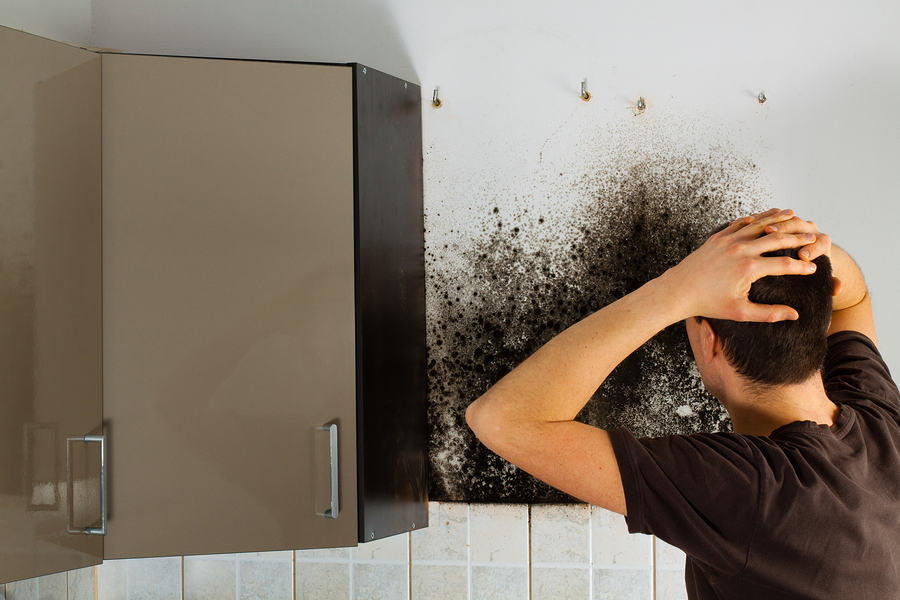What is Mold?
Mold is a part of the natural environment. Outdoors, molds play a vital part in nature by breaking down dead organic matter such as fallen leaves and dead trees, but indoors, mold growth should be avoided. Indoor mold is a major problem, especially in humid climates. Leaky pipes, floods, or any other sources of moisture provide great opportunities for mold to grow. Many people are unaware that they have mold in their homes and some people aren’t aware of the hazardous effects that it could have on their health.
Household molds can be almost any color but the most common are grey or black. Tiny particles known as spores are present in the air at all times and if they settle on the proper food sources (nutrients) and receive enough moisture, they can germinate.
Such food sources can include:
• Soil
• Plants (alive or dead)
• Foods
• Fabrics
• Paper (such as the surface of drywall)
• Wood
• Many other natural materials
Cosmetic Damage
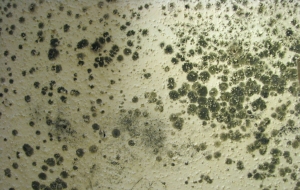
Molds gradually destroy the things they grow on. It can lead to stains, discolorations, weak and rotten wood, damaged or destroyed fabrics, and even foul odors. You can prevent damage to your home and furnishings, save money, and avoid potential health problems by controlling moisture and eliminating mold growth. If the moldy area is large enough it could produce enough airborne irritants to cause adverse health effects.
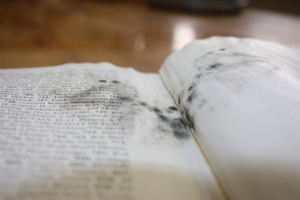
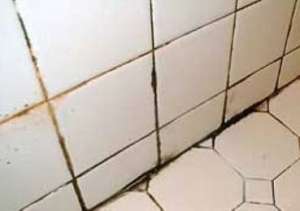
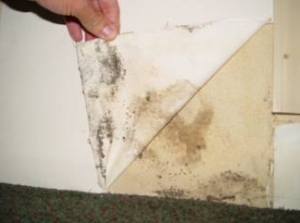
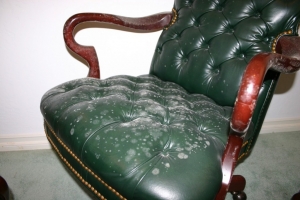
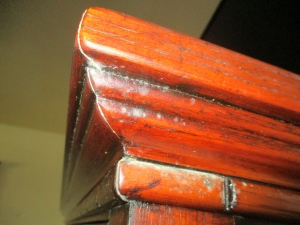
Effects of Exposure
Molds have the potential to cause health problems by producing allergens (substances that can cause allergic reactions), irritants, and in some cases, potentially toxic substances (mycotoxins). Inhaling or touching mold or mold spores may cause allergic reactions in sensitive individuals including hay fever-type symptoms, such as sneezing, runny nose, red eyes, and skin rash (dermatitis). Allergic reactions to mold are common, and can be immediate or delayed. Molds can also cause asthma attacks in people with asthma who are allergic to mold. In addition, mold exposure can irritate the eyes, skin, nose, throat, and lungs of both mold-allergic and non-allergic people. Some people are extremely sensitive to mold and can have more severe reactions. Some molds can cause infections. This is a relatively rare occurrence, but it is of greater concern for those people who have a compromised immune system. Although, mold is very rarely life-threatening, research on mold and health effects is ongoing.
When is a Mold Inspection Needed?
We are usually called into a home or business for the following reasons:
• Recent Water Damage
• Visible Growth
• Strange Smell
• Health Complications
• Seeking Peace of Mind
• Real Estate Purchase/Sale
